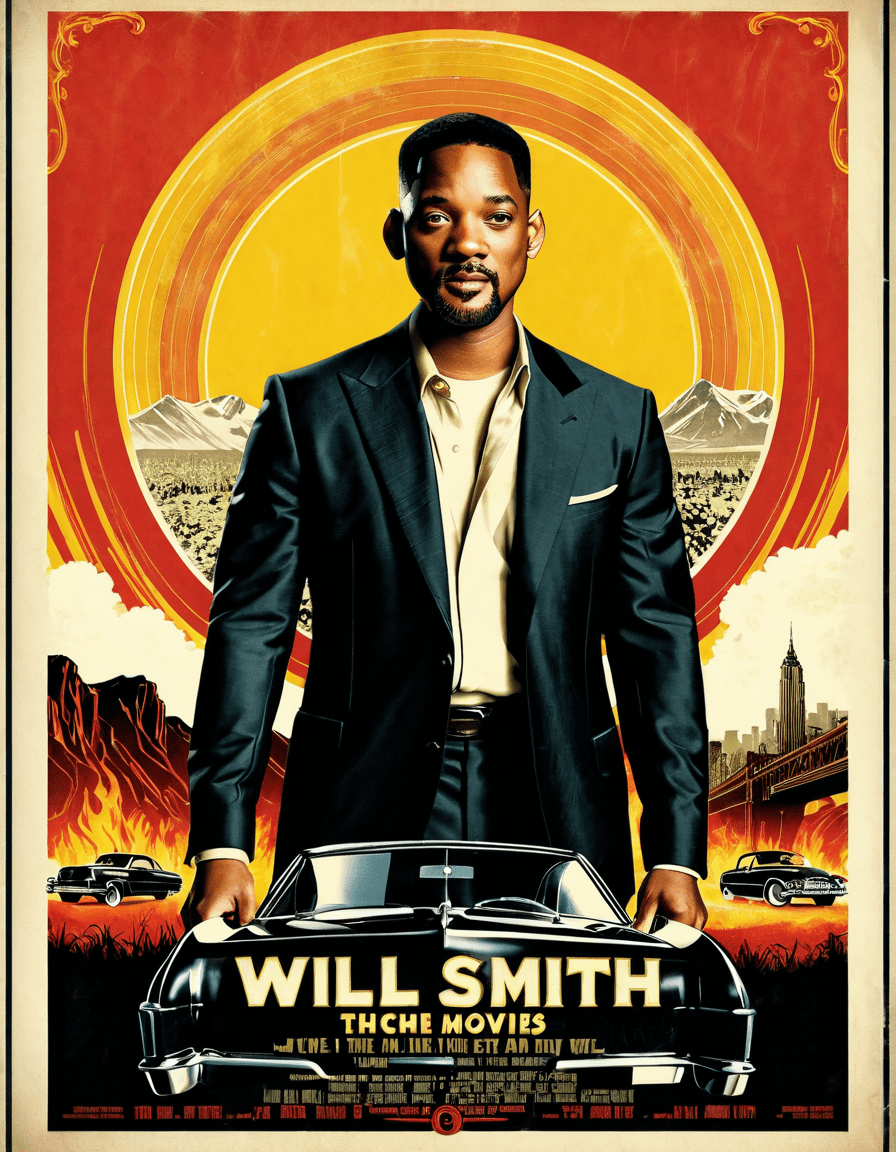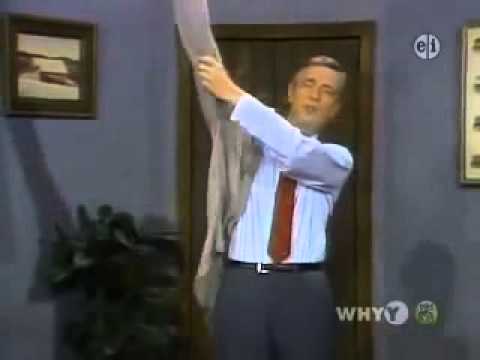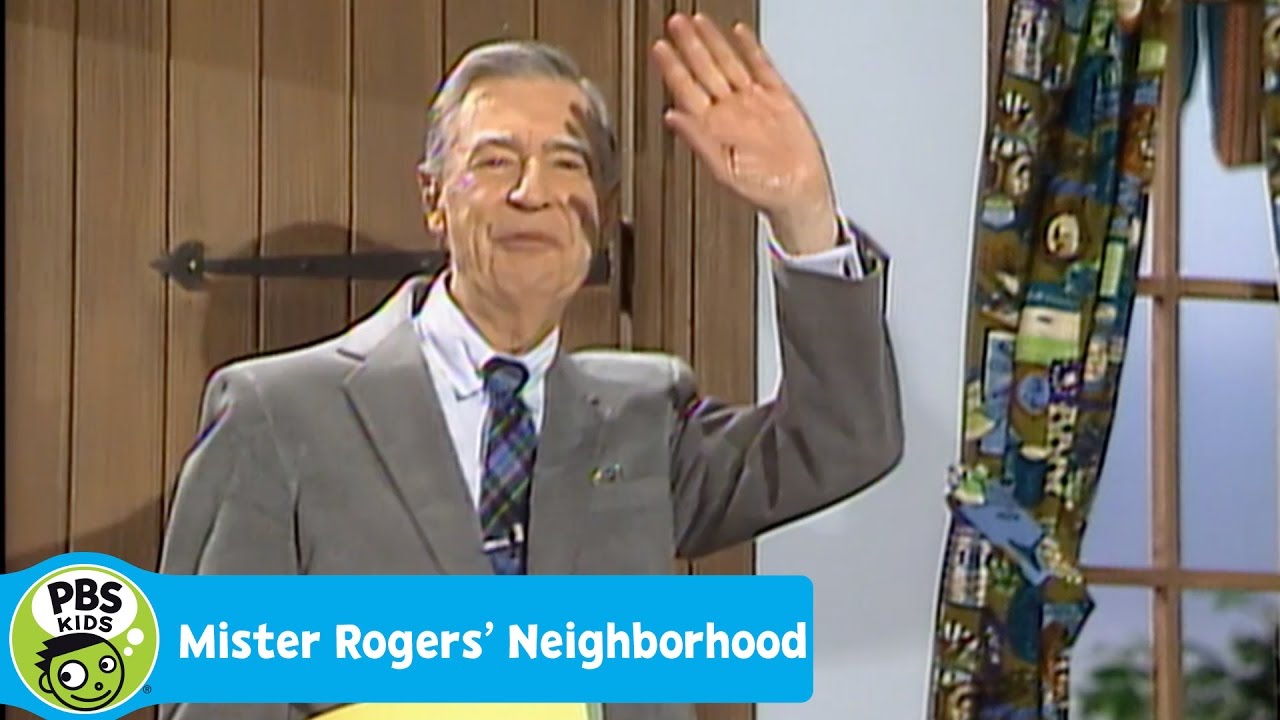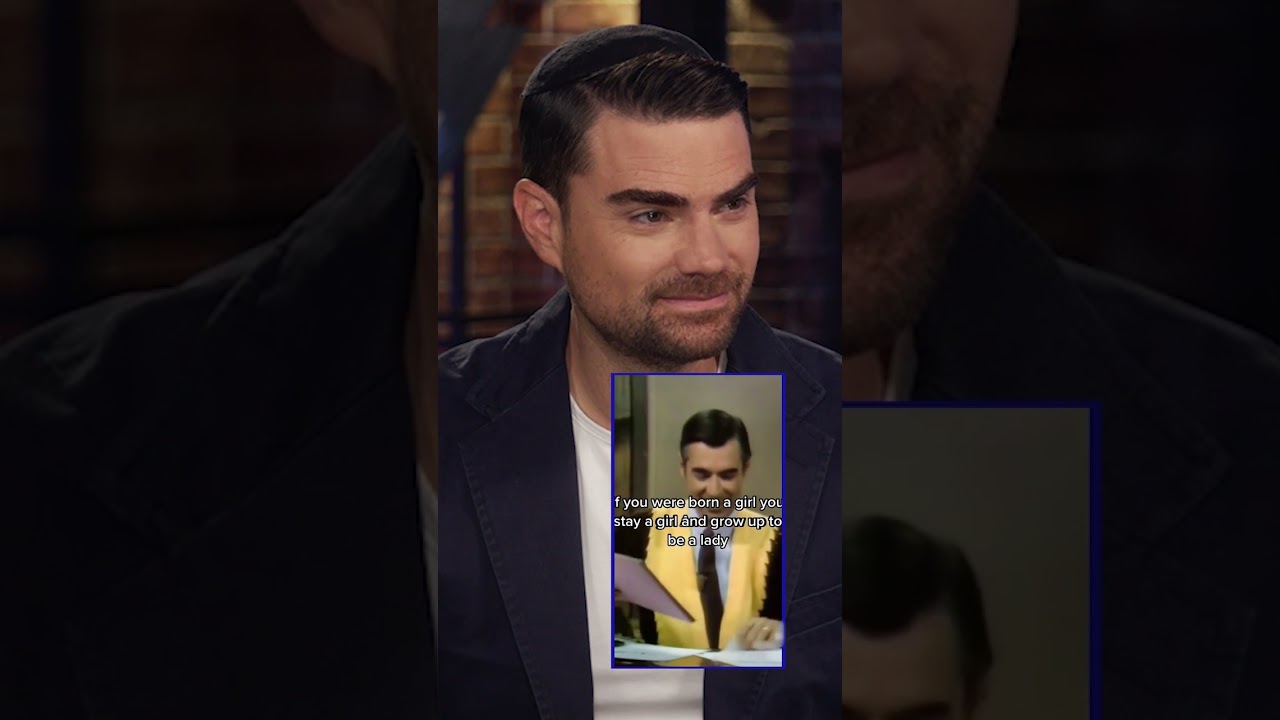Fred Rogers, a name synonymous with kindness and simplicity, holds a special place in the hearts of many. Mr. Rogers didn’t just host a show; he created a sanctuary in the form of “Mister Rogers’ Neighborhood,” where children were free to explore their emotions and the complexities of the world. As we dive into the enduring influence of Mr. Rogers, it becomes clear that his lessons of compassion and understanding have transcended generations, impacting celebrities and shaping media in remarkable ways.
The Enduring Influence of Mr. Rogers
It’s pretty hard to overstate just how influential Mr. Rogers has been since the 1960s. At a time when television was dominated by slapstick humor and flashy graphics, Rogers brought a refreshing and gentle approach to educating kids. He tackled heavy topics like death, divorce, and race with a grace that made these discussions accessible to children. His legacy is not confined to the past but is alive and well, as evidenced by how modern creators and public figures channel his teachings.
One only needs to look at today’s media landscape to see Mr. Rogers’ fingerprints everywhere. Countless shows now carefully craft messages around empathy and emotional intelligence, making the work of Rogers a foundational aspect of children’s programming. Shows like the acclaimed “Daniel Tiger’s Neighborhood” continue to impart his lessons, helping children navigate their feelings in a world that can often feel overwhelming.
The impact extends well beyond television. Public figures from various fields often reference Mr. Rogers in their quest to inspire others and foster a sense of community. That warm, fuzzy feeling we get when we think of him? It’s no accident; it’s the result of decades of carefully listening to the needs of children and their families.
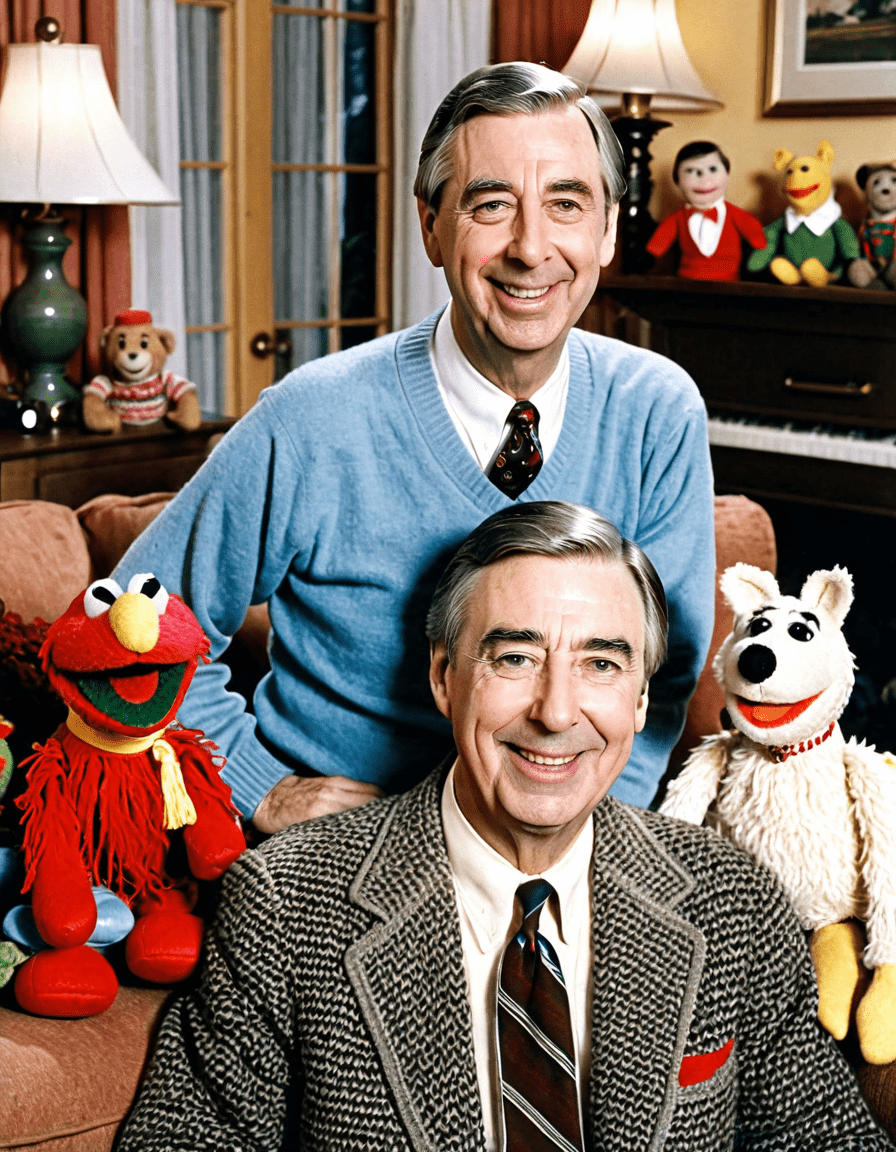
Top 5 Ways Mr. Rogers Inspired Prominent Figures
1. George Conway’s Advocacy for Kindness
George Conway, a lawyer known for his public political commentary, often cites Mr. Rogers when discussing the urgent need for civility. Much like Mr. Rogers, Conway emphasizes empathy and kindness in his advocacy, hoping to inspire a more respectful and constructive political dialogue. His association with Rogers’ gentle wisdom encourages a return to graciousness, even amidst heated debates.
2. Trevor Lawrence’s Approach to Leadership
NFL quarterback Trevor Lawrence exemplifies the values instilled by Mr. Rogers, particularly resilience and humility. On the field, Lawrence’s cool demeanor and unshakeable focus have made him a role model for younger athletes. He credits his upbringing, which mirrors the compassionate teachings of Mr. Rogers, with molding his approach to leadership. This connection proves that even in the competitive spotlight of the NFL, there’s room to embody kindness and integrity.
3. Hugh Grant’s Reflections on Authenticity
British actor Hugh Grant openly admires Mr. Rogers for emphasizing authenticity. In a world often driven by superficiality, Grant advocates for genuine connections, a hallmark of Rogers’ philosophy. By aligning himself with these principles, Grant encourages other public figures to engage meaningfully with audiences, reminding us all that authenticity can break down barriers.
4. George Foreman’s Reinvention of Self
Former heavyweight champion turned chef George Foreman embodies the transformative power of kindness similar to Mr. Rogers. Foreman’s remarkable shift from a brash boxer to a beloved celebrity cook illustrates the beauty in vulnerability and redemption. His success story resonates with Rogers’ core lessons, where growth is celebrated and humility shines.
5. Celebrities and Philanthropy Inspired by Mr. Rogers
Many celebrities, including Selena Gomez and John Legend, have embraced Mr. Rogers’ legacy through philanthropy. Their initiatives often focus on mental health and education, reflecting Rogers’ commitment to fostering positive community connections. This trend shows how Rogers’ message of love and understanding continues to thrive in the efforts of modern entertainers.
Mr. Rogers’ Lessons: Affecting Change in Today’s Media Landscape
The teachings of Mr. Rogers ripple through today’s media, especially in how children learn about emotions, diversity, and acceptance. Shows like “Daniel Tiger’s Neighborhood” not only honor Rogers but also tackle societal issues in developmental ways that resonate with today’s youth. For instance, the series explicitly addresses strategies for coping with frustration and empathy toward others, echoing Rogers’ intent to prepare kids for real-world challenges.
Critically, as we evaluate media’s responsibility, it becomes clear that content creators are tasked with more than just entertainment; they’re shaping future generations. Through thoughtful programming influenced by Mr. Rogers, children learn to engage with diversity and navigate feelings in a constructive, forward-thinking manner.
As our world becomes more interconnected, the principles that Mr. Rogers instilled are more crucial than ever. The responsibility to create emotionally supportive media lies with content producers, echoing the lessons Rogers imparted so lovingly.
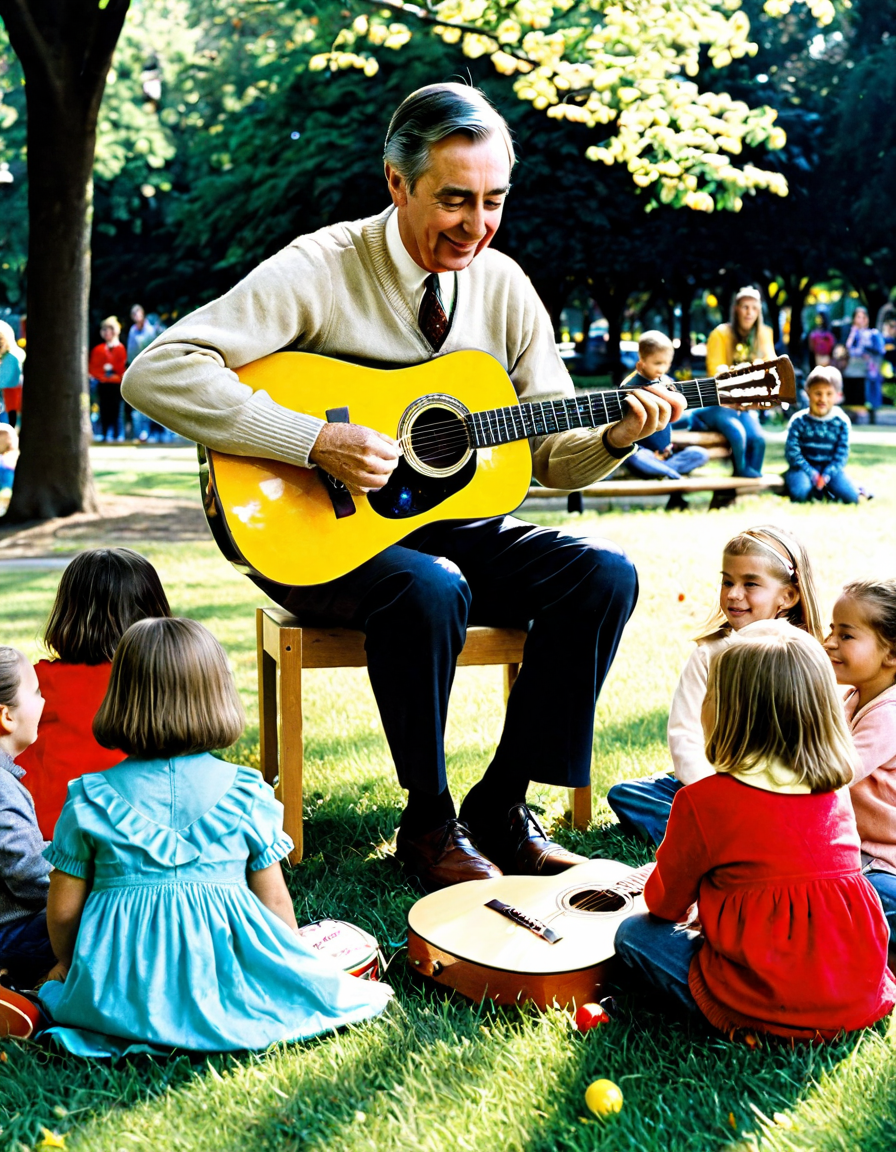
The Legacy of Compassion: Cultural Reflections and Reinterpretations
In exploring Mr. Rogers’ legacy, various tributes highlight his lasting influence. Documentaries like “Won’t You Be My Neighbor?” delve into his life and work, offering fresh perspectives on how his message of kindness remains relevant. Such filmic representations humanize Rogers while reinforcing the universality of his teachings in an increasingly divided society.
It’s fascinating to see how cultural contexts reinterpret compassion and connection in today’s storytelling. From diverse films to heartwarming biopics, the themes that Rogers embodied—love, understanding, and community—are reimagined to resonate with new audiences facing modern challenges. The timeless nature of these lessons proves that while the scenarios may change, the core message remains the same: kindness matters.
Envisioning the Future of Mr. Rogers’ Message
As we glance toward the future, it’s exciting to think about how Mr. Rogers’ ideals will evolve. With technology and social media playing significant roles in shaping communication, there lies an opportunity to amplify his empathy-driven approach. New creators, drawing inspiration from Mr. Rogers, have the potential to craft content that fosters emotional intelligence and deeper connections in our digital age.
We can envision a future where Mr. Rogers’ principles blend seamlessly with emerging media formats, combining storytelling with interactive experiences. As platforms expand, the need to cultivate kindness and understanding in our storytelling becomes paramount, reflecting a world eager for empathy.
Ultimately, the heartbeat of Mr. Rogers’ message nudges us to remember the power of kindness. Our rapidly shifting society craves connections; through recall of Mr. Rogers’ teachings, we can nurture a community that prioritizes empathy, love, and understanding.
In celebrating the heartwarming legacy of Mr. Rogers, we honor not just a beloved television icon but a timeless beacon of humanity. May we all strive to embody his spirit in our interactions, focusing on building a world where kindness is the norm.
Mr. Rogers: Fun Trivia and Interesting Facts
The Man Behind the Sweater
Did you know that Fred Rogers, the beloved Mr. Rogers, was more than just a calming presence for children? He was also a lifelong advocate for mental health awareness. In fact, his show often tackled subjects that were close to his heart, including empathy and emotional well-being. This commitment resonates especially in discussions about issues like lithium depression, which showcases how mental health can affect individuals of all ages. A compassionate figure, Mr. Rogers inspired folks to embrace their emotions, proving that vulnerability is a strength.
Speaking of inspiration, there’s a fascinating connection to contemporary issues as well. Mr. Rogers held profound respect for people of all backgrounds, contributing to conversations about diversity and acceptance, including in the queer community. His mantra “I like you just the way you are” echoes in the hearts of many, reminding us all to celebrate uniqueness in others—much like how we admire different styles in fashion, like the tailored offerings explored by mr porter.
The Cozy Neighborhood Legacy
Mr. Rogers had a specific way of communicating that made each viewer feel special. His gentle tone and warm demeanor played a crucial role in engaging children. They weren’t just watching a show; they were entering a safe space, learning life lessons wrapped in songs and simple puppetry. His ability to connect can be compared to a cozy stay in one of the best Hotels in San Diego—where( comfort and joy come first. He infused more than just educational content; he gifted viewers a sense of belonging.
On a fun note, did you know Mr. Rogers would often talk to his fish during taping? Turns out, he’d chat with the goldfish in the show’s backdrop just to illustrate the importance of communication and connection. It’s moments like these that made every episode memorable. This charming approach is part of why Mr. Rogers remains an icon, even inspiring new characters, such as those from shows like Octavia in Helluva boss. It’s a testament to how his legacy transcends time and continues to influence new audiences.
In wrapping up, it’s clear that the impact of Mr. Rogers stretches far beyond his cozy neighborhood. He touched lives in ways that resonate deeply, just like a great cruising adventure through Panama Canal Cruises, revealing beautiful connections along the way. From his extraordinary kindness to his profound insights into human emotions, Mr. Rogers remains a pivotal figure, still encouraging us all to make the world a little friendlier, one neighbor at a time.
